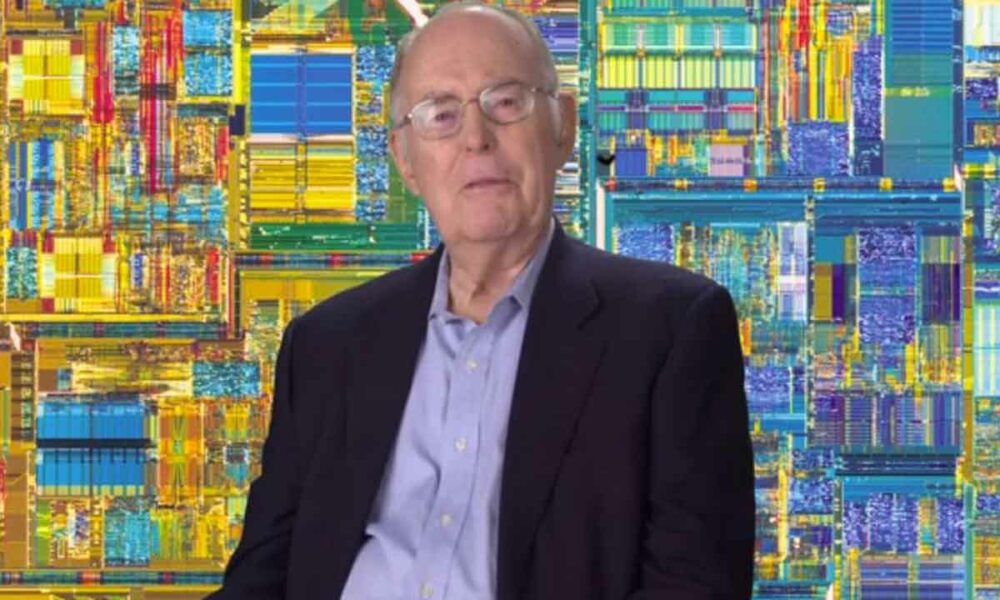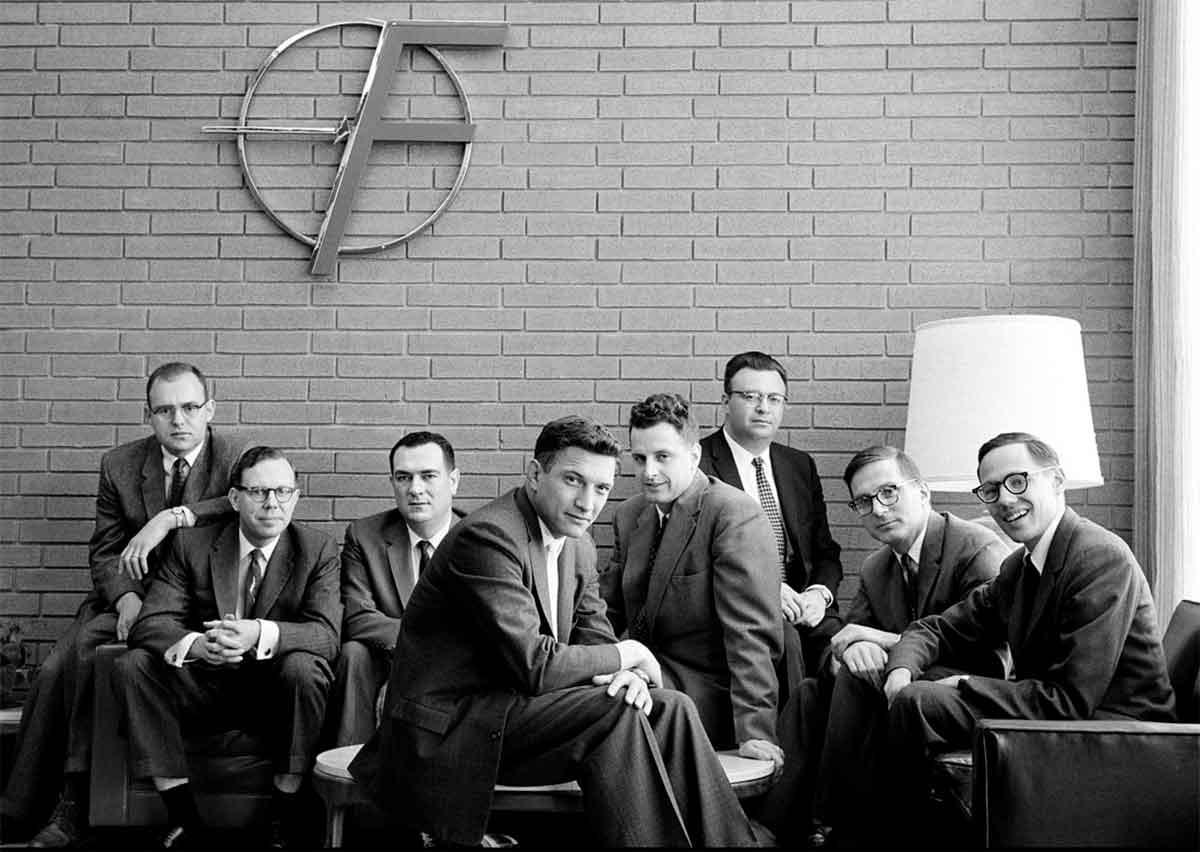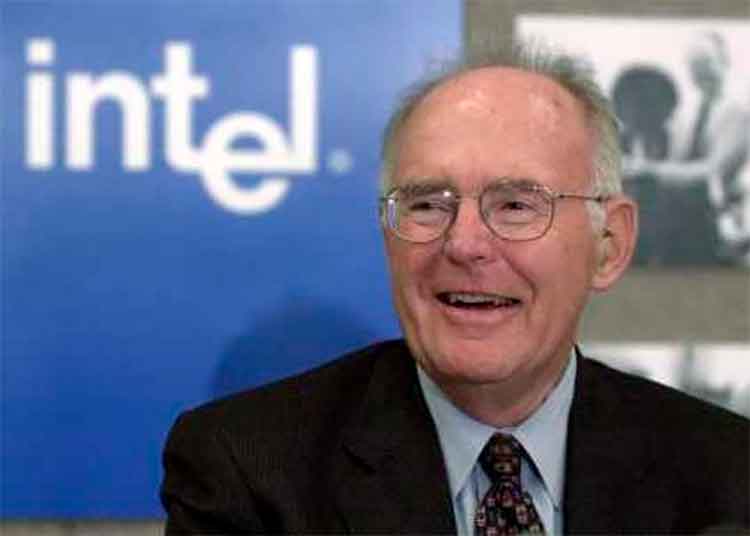
There are some names deeply associated with the history of technology, and Gordon Moore is undoubtedly one of them. You may remember that just a week ago, on the occasion of Father’s Day, we published a list with some of the main fathers of computing. as a result of it, I began to prepare another one, which I will publish shortly, dedicated to a group of absolutely essential people in the past of technology and who are considered the parents of Silicon Valley. I am speaking, of course, of The Eight Traitors and, at the beginning of that still unpublished article, I mentioned that only two of them are still alive, a text that I will have to correct after the departure of the more than recognizable of the eight names, since Gordon Moore passed away on March 24..
Gordon Moore was born on January 3, 1929 in San Francisco, California and as a child he showed an interest in chemistry and electronics, to the point that he even built his own home laboratory. He studied chemistry at the University of California at Berkeley and received his doctorate in physics and chemistry from the California Institute of Technology (Caltech) in 1954, an exciting period in the development of electronics and automatic information processing.
Your professional career started by none other than William Shockley, inventor of what is probably the most important electronic device in history, the transistor and, with it, the arrival of modern electronics. In those years, Shockley was quite an institution, and he set about recruiting some of the best scientists and engineers he could find to work in his semiconductor lab.
It’s easy to imagine a young Gordon Moore excited to work with Shockley, but the truth is that this experience was far from ideal. As some people stated at the time, the behavior of the father of the transistor left something to be desired. He was an excessively authoritarian boss, inflexible and not at all open to the ideas of otherswhich acted as an important brake on innovation, which would have come from the hand of its young workers.
Moore, along with seven colleagues, organized a “coup d’état” within the company with the intention of removing Shockley from the leadership, but the plan did not go well and, consequently, those eight people, known as The Eight Traitors, left Shockley’s lab and founded Fairchild Semiconductors, thanks to the financial support of Sherman Fairchild (yes, hence the name). I will not delve into this story now, as we will talk about it in the article dedicated to Moore and his seven companions in the next article dedicated to them.
However, we do need to fix our gaze, for a moment, on 1965, when Gordon Moore stated that the number of transistors per square inch in integrated circuits would double every year for at least a decade (ten years later, in 1975, he expanded the term of two years). I am speaking, of course, of Moore’s Law, a rule that has accompanied us for decades in the development of technology, demonstrating that Moore was a true visionary.
Three years after this, in 1968, Gordon Moore decided to leave Fairchild Semiconductors and, along with the other “traitor” Robert Noyce, he founded his own company, Intel Corporation. Moore held various management positions at Intel, from executive vice president to president and chief executive officer. He retired in 1997, but remained an emeritus member of the board of directors until his death. Under his leadership, Intel constantly innovated and launched emblematic products such as the Intel 4004, the first commercial microprocessor, or the Intel 8080, the brain of the first personal computer.
In addition to his business facet, Gordon Moore was a noted philanthropist and patron. Together with his wife Betty he created the Gordon and Betty Moore Foundation, dedicated to supporting projects and initiatives in the fields of science, medicine, education and the environment. Among his most generous gifts is the one he made to Caltech in 2001: $600 million, the largest contribution ever made to an educational institution.
Moore received numerous recognitions and distinctions throughout his life, including the National Medal of Technology and Innovation (1990), the Prince of Asturias Award for Scientific and Technical Research (2001), or the Presidential Medal of Freedom (2002). . He was a member of various scientific academies and received honorary doctorates from various universities.
Therefore, we say goodbye to an essential figure who knew how to see the future where many others only saw science fiction. Rest in peace, Gordon Moore, and thanks for everything.
More information





